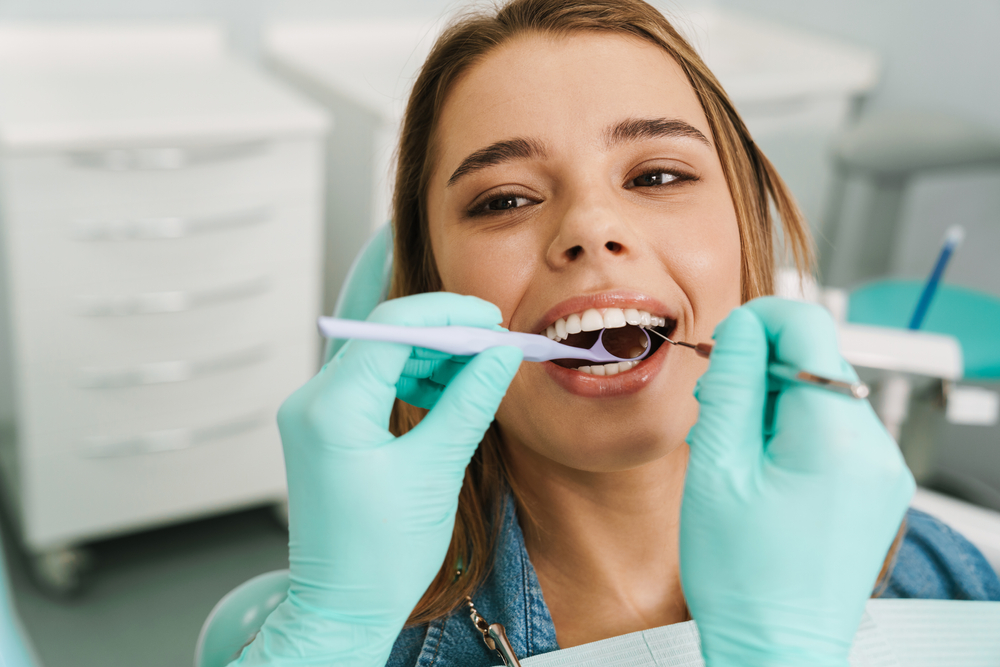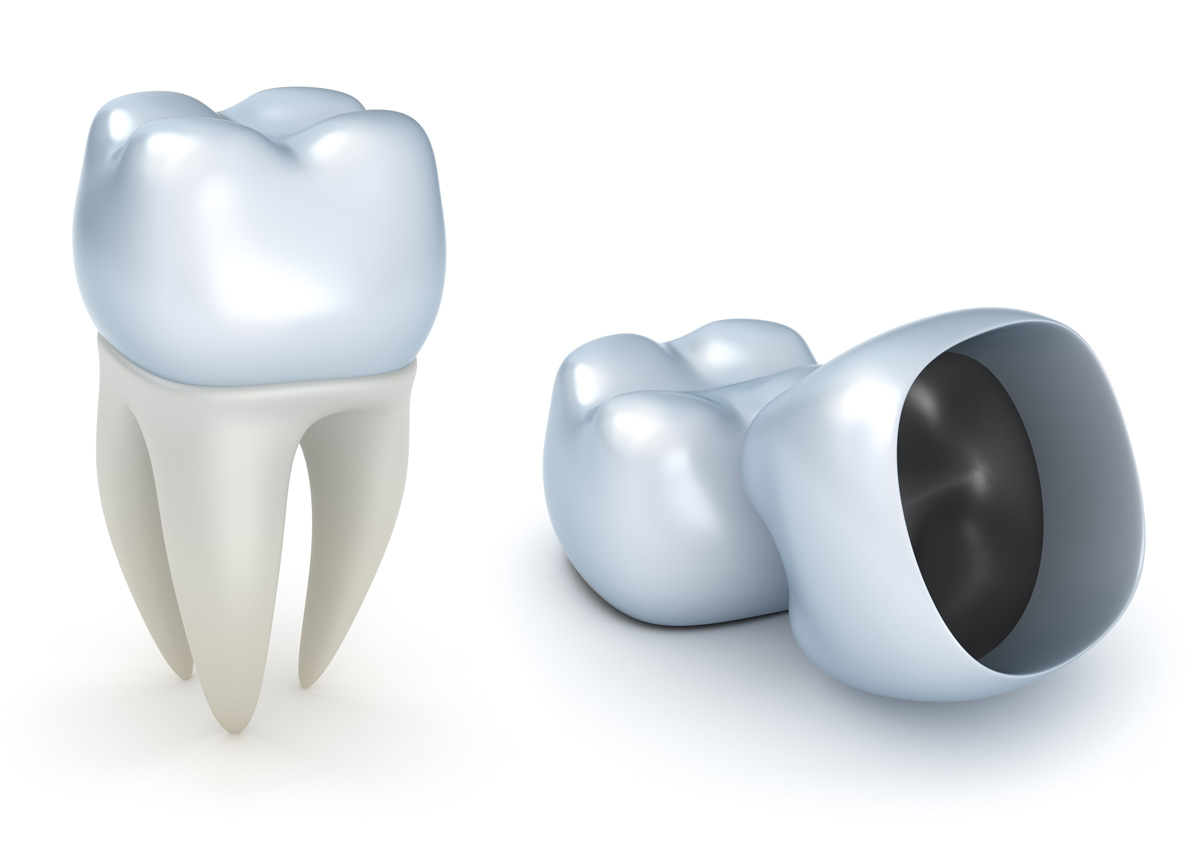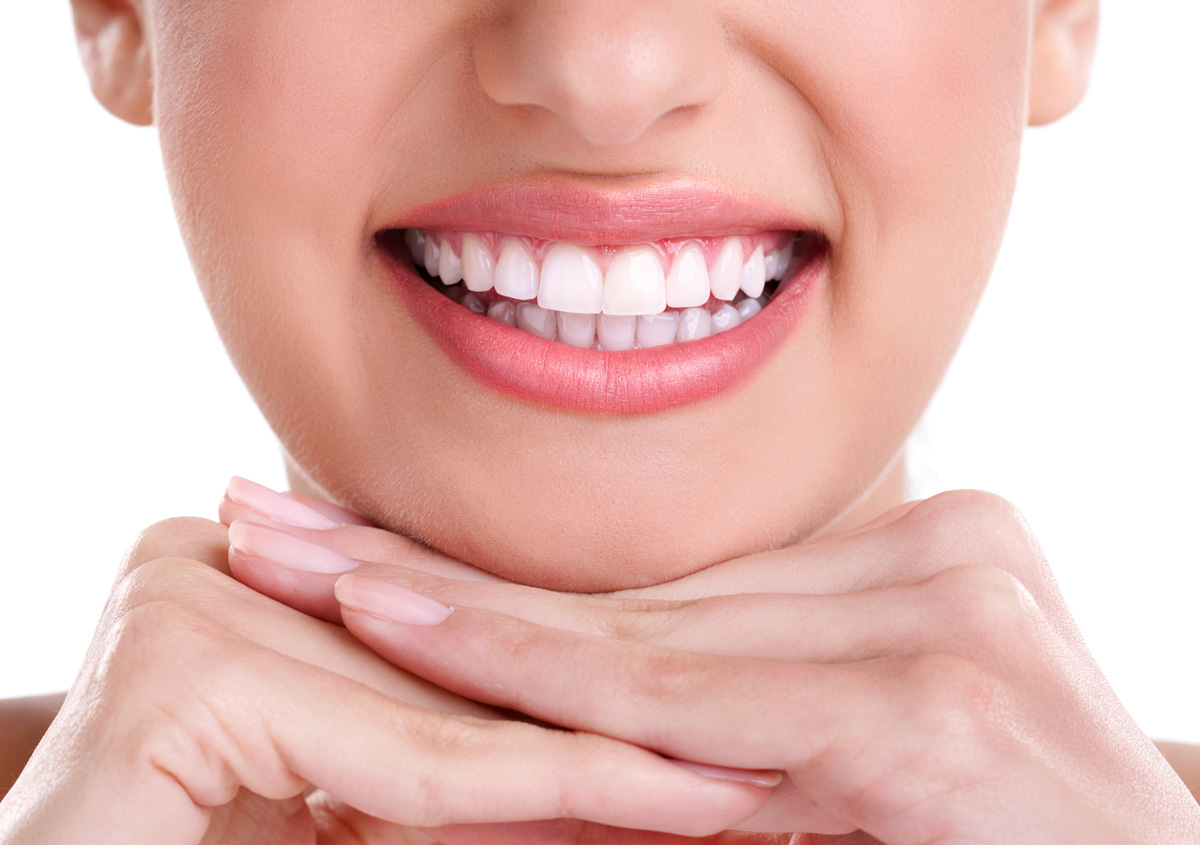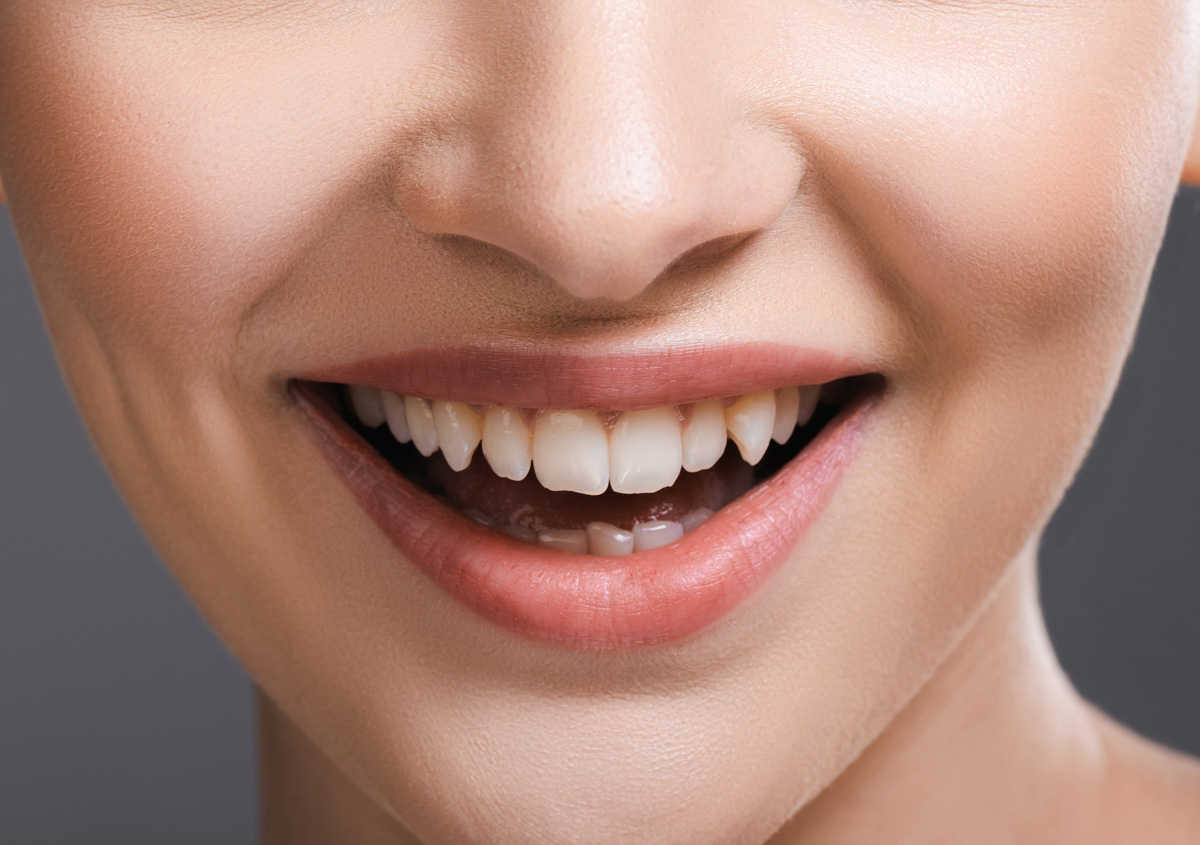Ten Ways Dental Cleanings Benefit You & Your Smile

Dental cleanings are an essential part of a healthy oral hygiene routine for a number of reasons. At Briglia Dental Group, our West Chester family dentist, Dr. Ron Briglia, wants patients to know about all the ways a good cleaning can benefit their smile, their self-esteem, and their overall health. Contact our West Chester dental practice at (610) 615 0160 if you’re a new patient or (610) 692 4440 if you’re an existing patient to learn more about the many benefits of dental cleanings or read the helpful guide below to learn more.
Top Ten Benefits of Dental Cleanings
Prevent Future Oral Health Problems
Regular dental cleanings can help prevent future oral health problems, including cavities, gum disease, and bad breath (halitosis). During a teeth cleaning at Briglia Dental Group, our West Chester family dentist, Dr. Ron Briglia or one of our dental hygienists will thoroughly clean your teeth, removing plaque and tartar buildup that can lead to these and other oral health problems.
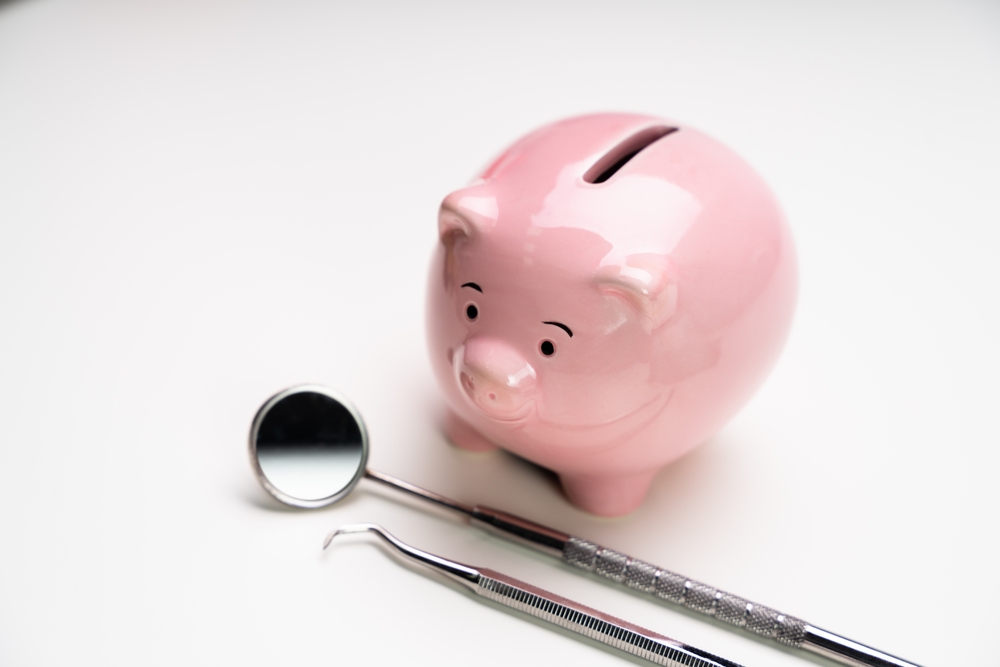
Save Money
Attending your regular dental cleanings can help save money in the long run by preventing costly oral health problems, including tooth decay and periodontal disease. By catching and treating oral health problems early, teeth cleanings can help prevent the need for more extensive and expensive dental procedures in the future.
No More Bad Breath
Bad breath, or halitosis, can be caused by several factors, including poor oral hygiene, gum disease, and certain medical conditions. Regular teeth cleanings can help eliminate bad breath by removing the buildup of bacteria and debris that can contribute to its development.

Keeps Cavities Away
Cavities, or dental caries, are caused by plaque buildup and tartar on teeth. Plaque is a sticky film of bacteria that forms on teeth and can contribute to the development of cavities. Without removal, plaque turns into tartar, which can’t be removed with an ordinary toothbrush. Keeping up with routine dental cleanings can help prevent the development of cavities by removing plaque and tartar buildup.
Prevents Tooth Loss
Tooth loss is often a result of periodontal disease, also known as gum disease. Periodontal disease is caused by the buildup of plaque and tartar on teeth, which can lead to inflammation and eventually the breakdown of the bone and tissue that support teeth. Regular dental cleanings can help prevent the development of gum disease and prevent tooth loss.
Avoid Gum Disease Stages
Gum disease occurs in stages, from gingivitis to periodontitis. Gum disease begins with gingivitis, which is characterized by inflamed and bleeding gums. A neglected case of gingivitis can develop into periodontitis, destroying the bones and tissues that support the teeth. Dental cleanings can help catch periodontal disease in its early stages and prevent it from progressing to periodontitis.
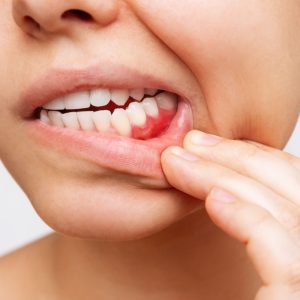
Detect Jaw Problems
Teeth cleanings can also help detect jaw problems, such as temporomandibular joint disorder (TMJ). TMJ is a condition that affects the jaw joint and can cause pain and discomfort. During a dental cleaning, Dr. Briglia can examine the jaw for signs of TMJ and recommend treatment as needed.
Maintain Pristine Oral Health
Regular tooth cleanings are an essential aspect of maintaining pristine oral health. By removing plaque and tartar buildup, routine teeth cleanings can help prevent the development of gum disease, cavities, and other oral health problems. This, in turn, can help maintain healthy teeth and gums.
Maintain Good Physical Health
Oral health is closely linked to your overall physical health. Poor oral health has been linked to several systemic conditions, including heart disease, diabetes, and stroke. Regular dental cleanings can help maintain good oral health and contribute to overall physical health.

Detects Signs of Oral Cancer
Oral cancer is a serious and potentially life-threatening condition that can be difficult to detect in its early stages. During a dental cleaning, we can provide you with oral cancer screenings. Your dentist will examine the mouth for signs of oral cancer, such as lesions or other abnormalities. Early detection of oral cancer is important for effective treatment and improved outcomes.
Frequently Asked Questions


